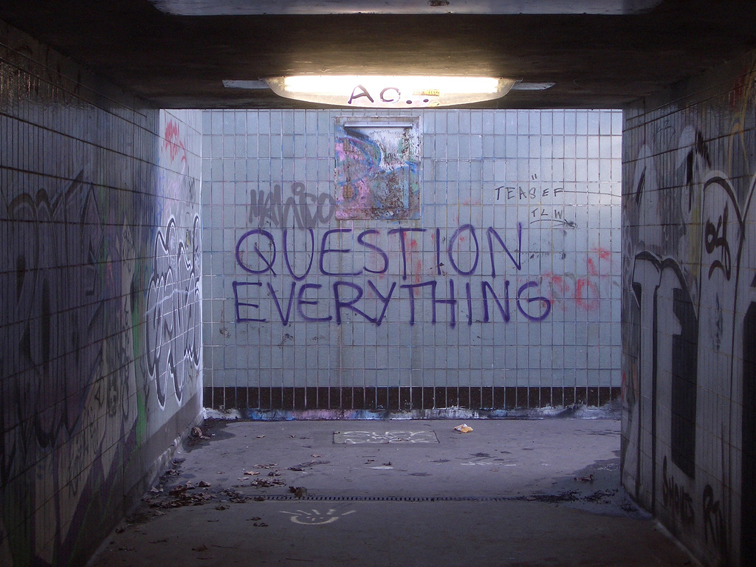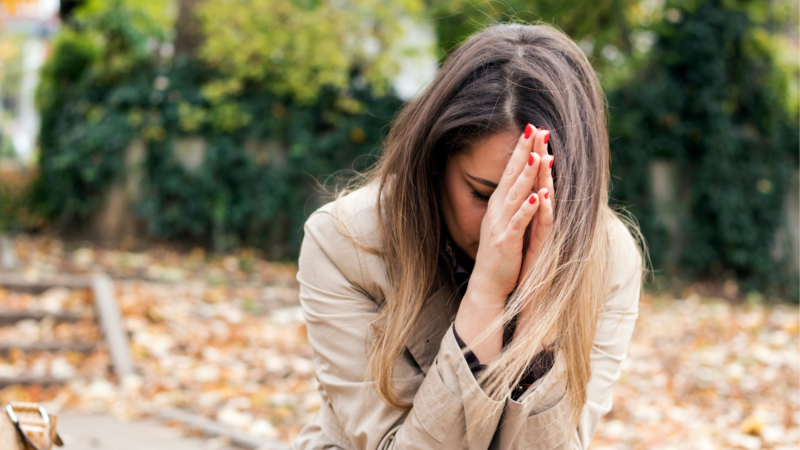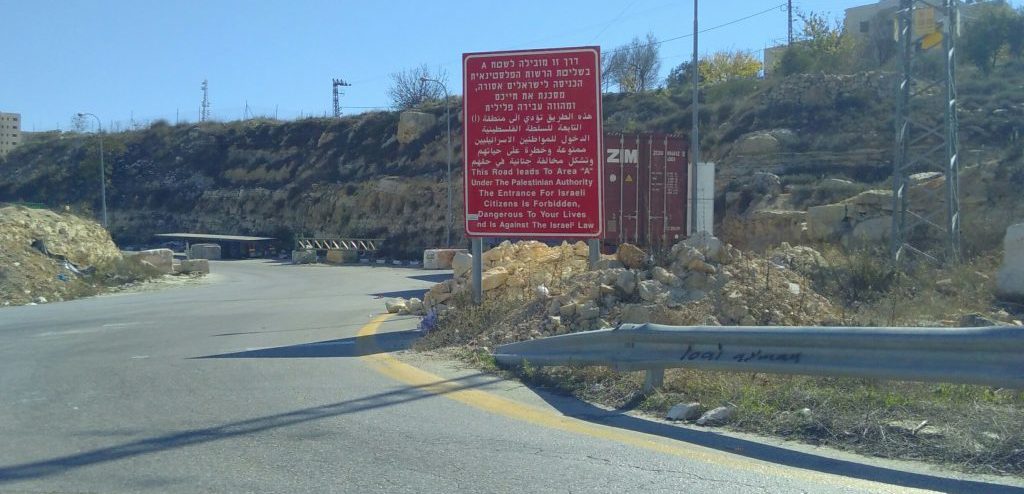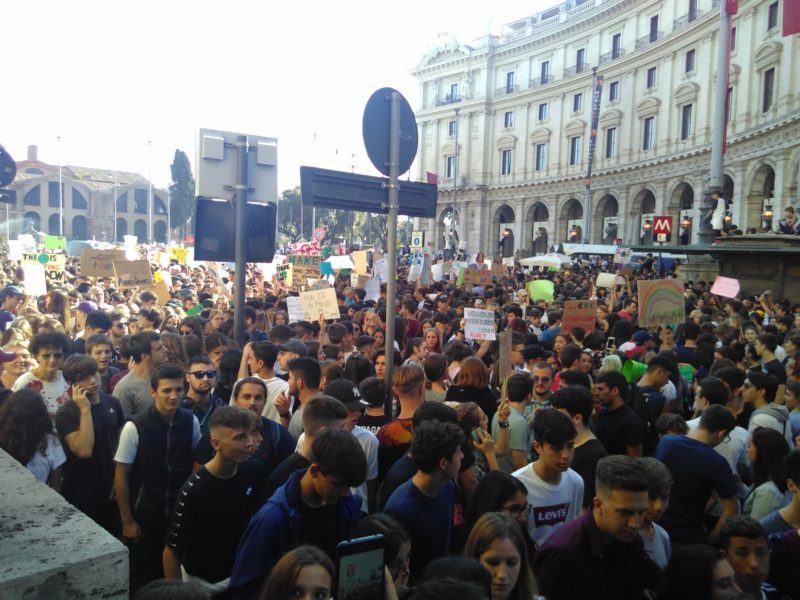Multiple cities in China have been shutdown. Public live is brought to a standstill. All people that want to enter or leave China are being strictly checked or simply refused. International flights cancelled or redirected. Countries even evacuate ’their’ citizens from China, to put them in quarantaine for a while. The new coronavirus currently controls the world. The head of the World Health Organization (WHO), Tedros, said it is a “very grave threat for the rest of the world” and should be viewed as “Public Enemy Number 1.”1Source: https://www.reuters.com/article/us-china-health-who-idUSKBN2050YV, last visited on February 12th, 2020
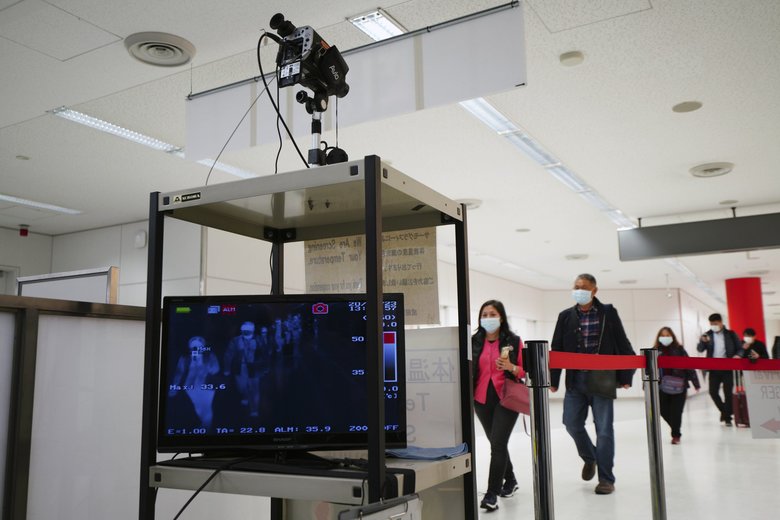
As the virus spreads throughout the world, and causes more people to die, anxiety grows as well. According to Hong Kong’s leading public health epidemiologist, Gabriel Leung, 60% of global population could be infected. Even if the fatality rate is as low as 1%, the death toll would be vast. Unless, Leung says, we respond in the right manner.2Source: https://www.theguardian.com/world/2020/feb/11/coronavirus-expert-warns-infection-could-reach-60-of-worlds-population, last visited on February 12th, 2020
Initially this issue seemed to be far removed from my personal life. Literally and figuratively. As for most people around the world. At least, outside of China. But very soon there was a first official case in the United States. In Seattle, the place where I currently live. Moreover, one of my roommates at NalandaWest is studying at the University of Washington (UW) where three people were put under surveillance to see whether they were infected. We even had a lady and her child visiting our buddhist centre NalandaWest, directly from China. Which also reminded me of some of my own (Chinese) friends that live or were born there. So, now Leung his question got a personal dimension and urgency: how do I – we, as individuals – respond? What is the right manner?
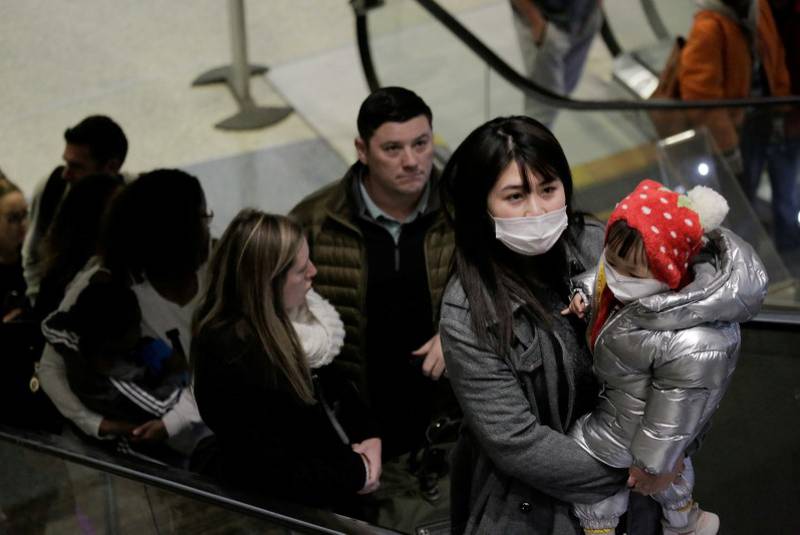
In a public notification the UW tried to reduce the possible anxieties of people by making sentence bold in their messages to show there is no reason to panic. “These are not confirmed cases.” And: “there is only one case of confirmed novel coronavirus infection in Washington state. It is in Snohomish County and is not related to the UW community.”3Source: https://www.washington.edu/news/2020/01/26/three-uw-students-in-seattle-screened-for-novel-coronavirus/, last visited on February 12th, 2020 Personally I felt that it actually stirred up my alertness. Something similar happened when our dear visitors tried to insure us she and her child are not from the affected area where the new coronavirus, now called Covid-19, started (Wuhan, in the province Hubei).
Journalists all over the world – online, in newspapers and magazine – use every new case to point to shortcomings of measures being taken, show the impact and stress the severity of the situation. Sometimes with good intentions, to inform and comfort people. Like the university and our visitors. Often, however, to attract more readers for their own (financial) benefit: angst sells.
Intended or not, the outcome of the way governments, organisations and media respond is an increasing anxiety and panic. But the effect runs deeper. In the United States and Europe people with an Asian look experience discrimination and forms of racism. In various countries in Asia itself Chinese experience the same. As if they are a virus.4Source: https://www.bbc.com/news/world-europe-51294305, last visited on February 12th, 2020
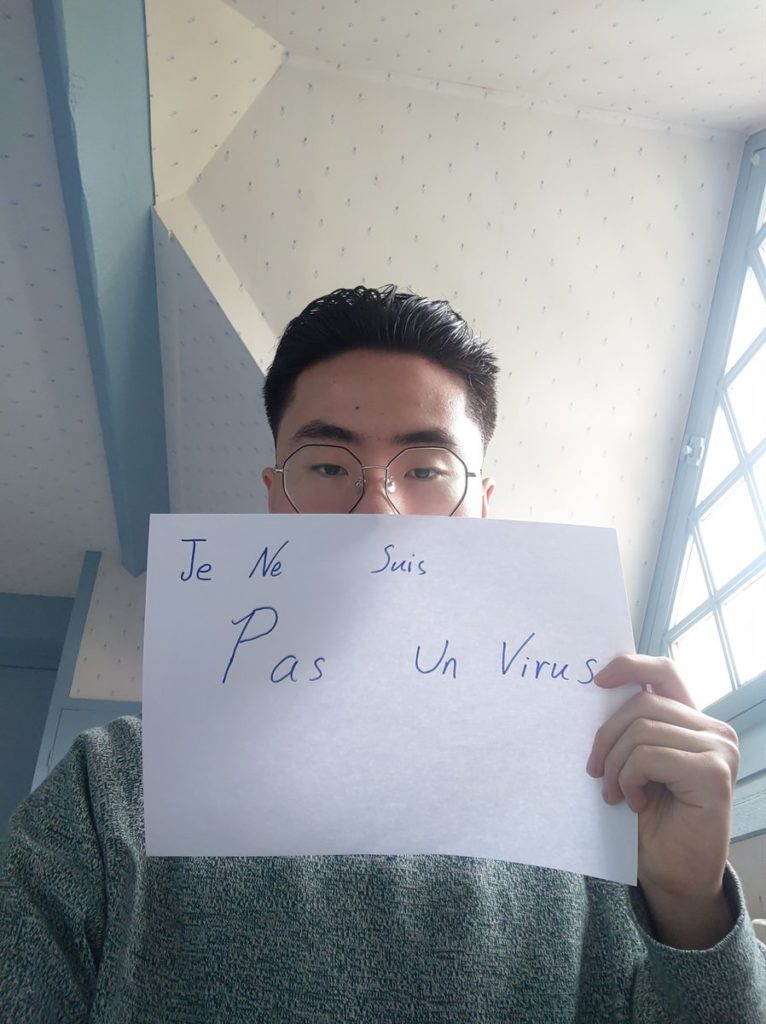
In an interview with the public broadcaster in The Netherlands, my country of citizenship, the 12-year old Iris – Dutch with a Chinese background – said she fears people do no longer want to talk with Chinese because of Covid-19. “With the Ebola-virus outbreak a couple of years ago people also did not say: this is the Congo-virus. I hope people can see that and be less racist.”5Source: https://nos.nl/artikel/2321252-nageroepen-vanwege-het-coronavirus-dit-is-geen-excuus-om-racistisch-te-zijn.html, last visited on February 12th, 2020 A Dutch journalist wrote the issues touches upon our views about (national) identity, which he says is more imagined than reality.6Source: https://www.volkskrant.nl/nieuws-achtergrond/wanneer-ben-je-echt-nederlander~b631ab63/, last visited on February 12th, 2020
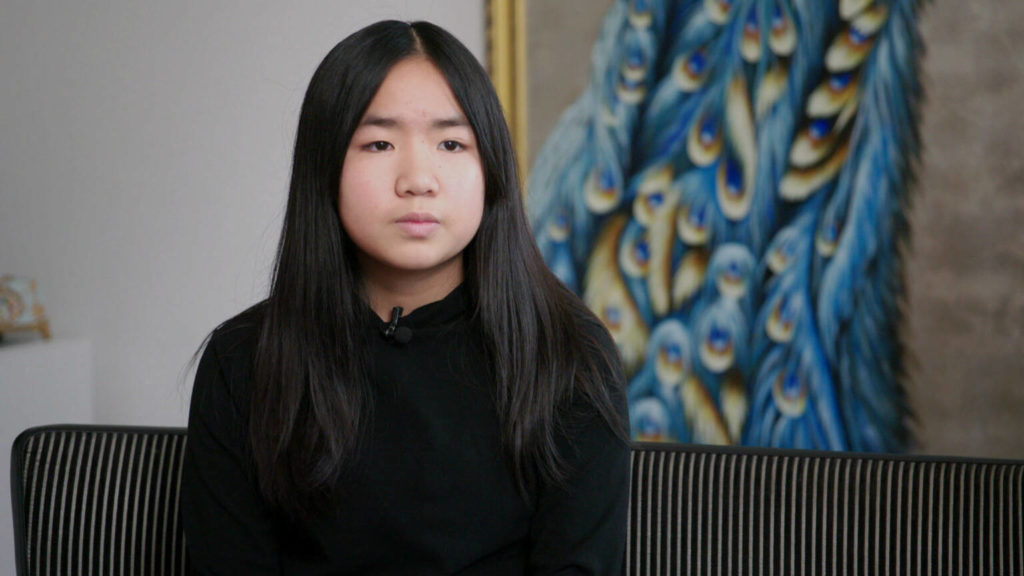
Covid-19 thus became not only a virus that can infect every individual. All over the world. It directly affects the way we treat each other. It exposes our view about ourselves and the world which might not only hinder direct solutions to the current situation, but increase the suffering of many people and form an obstacle to a harmonious world community.
Imagine that you would live in the city of Wuhan, or the province Hubei? Or, wherever you live, that you are infected by the new coronavirus? Or maybe not infected, but having an Asian look or, more specific, appear to others as Chinese? How would you like others to respond to you in these situations? These questions speak to our personal views and conduct.7These questions are based on a buddhist method to generate compassion, as for example found in the book of The xivth Dalai Lama, The Heart of Meditation, Translated and edited by Jeffrey Hopkins, (Colorado: Shambhala Publications, 2016), p. 12. “Visualize yourself in the middle as a neutral person. On your left side, visualize other beings, at least then or fifteen or even a hundred; imagine needy people in poor condition. On your right side, visualize yourself again but as selfish, overly proud, and never thinking of others’ welfare but only of your own welfare. In the middle, you remain as a third person evaluating. Both the single selfish person on the right and the group of destitute people on the left want happiness and do not want suffering; both have an equal right to be happy and to get rid of suffering. Which side would you, as the evaluator, choose?
I see at least two possible ways ’the other’ can respond to ‘you’. The first we can call ’taking distance’. I do not necessarily mean physical distance. Which can actually be wise with a spreading virus. How can we help others if we become sick or even die ourselves? For similar reasons we can be grateful for all the people that are working extremely hard to overcome the new virus. The Chinese doctor who was the first to give a public warning even died of the virus, raising anger and questions among citizens in China.8Source: https://www.nydailynews.com/news/world/ny-coronavirus-chinese-doctor-who-warned-about-illness-dies-20200206-phiq2uqe25hs7eamiemkwqmv54-story.html, last visited February 12th, 2020
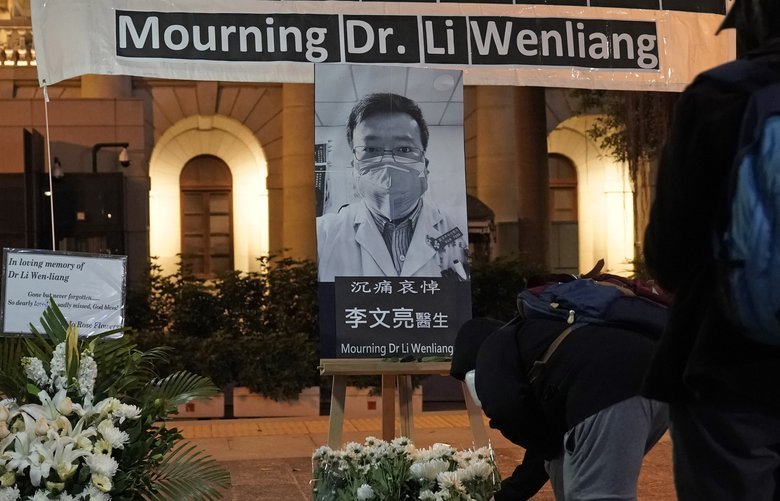
I mean ’taking distance’ mentally and the way we treat others with our words and actions. The so-called three gates of our conduct, according to buddhist tradition. We can remove ourselves spiritually from ’the other’. As an individual, a group, a country or something like it. Underlying this attitude is a focus on ourselves and a ‘we’ in opposition to ’them’. The journalist Tempelman speaks about ‘outer’ and ‘inner’. The almost automatic consequence of this attitude is passion, aggression, prejudice and can turn to become racist. They are different shapes of anger or hatred. Something that damages ourselves and certainly increases the suffering of ’the other’.
The attitude mentioned above is simply based on ignorance. Or, as the 12-year old Iris aptly put it: this is not the reality. Both wisdom and compassion are missing there. Our life is vulnerable. We can all be infected by any kind of virus. And like all sentient beings, we do not want to suffer but lead a happy life in good health. Regardless of where we live or how we look. In that sense we are all the same. There is no ‘outer’ – only ‘inner’. Or, as the XIVth Dalai Lama often says: we are all brothers and sisters. This points to the second attitude we can take: one of connection, or compassion.
Even if we focus on our own well-being, we can realise the importance of this attitude. The new coronavirus shows once more that we can not live in complete isolation. As an individual, group or country. We are, by nature, interdependent. Economically, politically, socially and culturally – we are deeply connected with each other. In fact, not only is it nowadays easy to trade and travel worldwide. People with all kinds of background live in the same places and more ‘mixed communities’ come into being everywhere. Considering this is the case, why not try to connect with each other and develop an attitude of compassion?
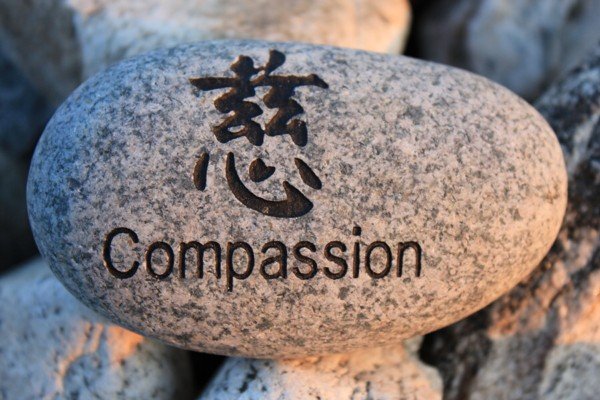
Taking distance from any ‘other’ does not bring more kindness and harmony. It will also not prevent a virus like Covid-19 from spreading. Helping each other does help to respond in the right manner and make the world a little bit better. This requires from government, organisations and media to think, speak and act from a viewpoint of shared wellbeing. Worldwide. And it requires from each and everyone of us to change our attitude in relationship to ’the other’.
Viruses like Covid-19 will keep coming and try to spread as quickly as possible. That is the nature of a virus. Just like difficult situations and unrest, trouble and crises will keep coming. It is part of human life. The question is: how do we respond? It does not matter who we are. What background we have. Or how we look. The new coronavirus shows the need for wisdom and seeing an attitude of compassion as a global requirement.

